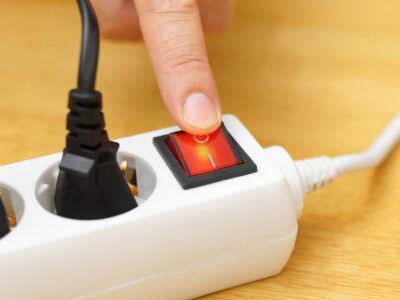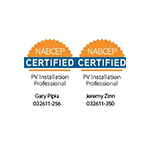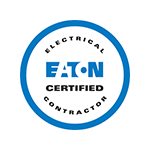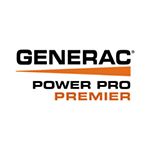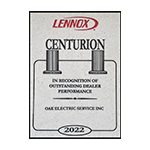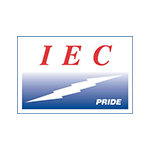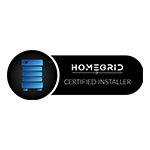Power outages can cause significant losses to businesses and households since most operations depend on electricity. Fortunately, you can use generators as a backup solution in residential, commercial, and industrial settings to prevent any inconveniences.
However, you need to take care of your generator to keep it in good shape and maintain its performance. Discover six generator maintenance tips you should observe once you buy a power generator.
1. Don’t Overload the Generator
Every generator has a power rating in watts, which signifies the amount of power it can produce. For example, an EM2500 generator provides 2500 watts of power at maximum.
This rating should help you choose the right generator. Industries and large commercial entities, such as supermarkets, need generators with high watt ratings as compared to homes and small businesses. Generator power overload is a significant issue that can lead to failure.
2. Change Fuel
You should not use old fuel because it might corrode crucial parts due to deposits that may have accumulated over time. Besides, fuel generally undergoes oxidation and may deteriorate during storage. Use of poor-quality fuel poses a risk to your engine, and thus you should change it after a while.
Remove the gasoline from the generator when you no longer need it, for instance, after the high power outage season. Put the fuel in a sealable can and add a fuel stabilizer in the can to prevent the deterioration of the fuel.
All you need to do is pour the oil through the carburetor’s drain based on the manufacturer’s recommendations. Remember to store fuel safely to prevent accidents.
3. Cover the Generator
If you don’t have a shed to keep your generator, you might need to purchase a cover or enclosure, whether your generator is portable or standby. Weather elements, such as rainfall and sunshine, can affect the performance of the generator or even mess with the electrical connections.
4. Power It Up
In certain seasons, power outages are rare, and thus you can go for months without using your generator. Failure of generators due to downtime is a significant issue that affects most generator owners. Fortunately, you can avoid this problem if you power the generator at least once a month. You can switch it on for about half an hour to recharge the electric starter so that it won’t fail.
5. Refill Your Tank
The fuel tank needs to be full, whether you use diesel or gasoline generators. When a generator runs out of fuel while in use, the electrical load in your building will pull the magnetic field from the generator’s coils.
This often leads to damaged coils, which won’t have enough energy to run the generator. In this case, you will need professional help to reenergize the coils for the generator to work efficiently.
You may also stock oil and filters so you can refill your generator when the need arises instead of driving all the way to find fuel.
However, you shouldn’t refill your generator immediately when it is out of fuel. It might be too hot, and gas spillage on the engine could result in fire accidents. Allow it cool for several minutes before you refuel it.
6. Check the Oil Level
Always check your generator’s oil level regularly so you won’t be caught off guard. But how do you check the oil? Locate the dipstick, and carefully pull it out. Check the full mark and the oil line.
If the oil line is very low, you need to fill the tank up to the full mark on the dipstick. Don’t overfill the tank since this can affect the engine’s functionality or lead to leakage.
Generators are crucial in business and residential settings, but they need proper care and maintenance. These time-tested tips can help you keep your generator in good shape.
Our company provides reliable generators for residential, commercial, and industrial clients across Southeast Michigan. If you need a power backup generator, contact us today.


